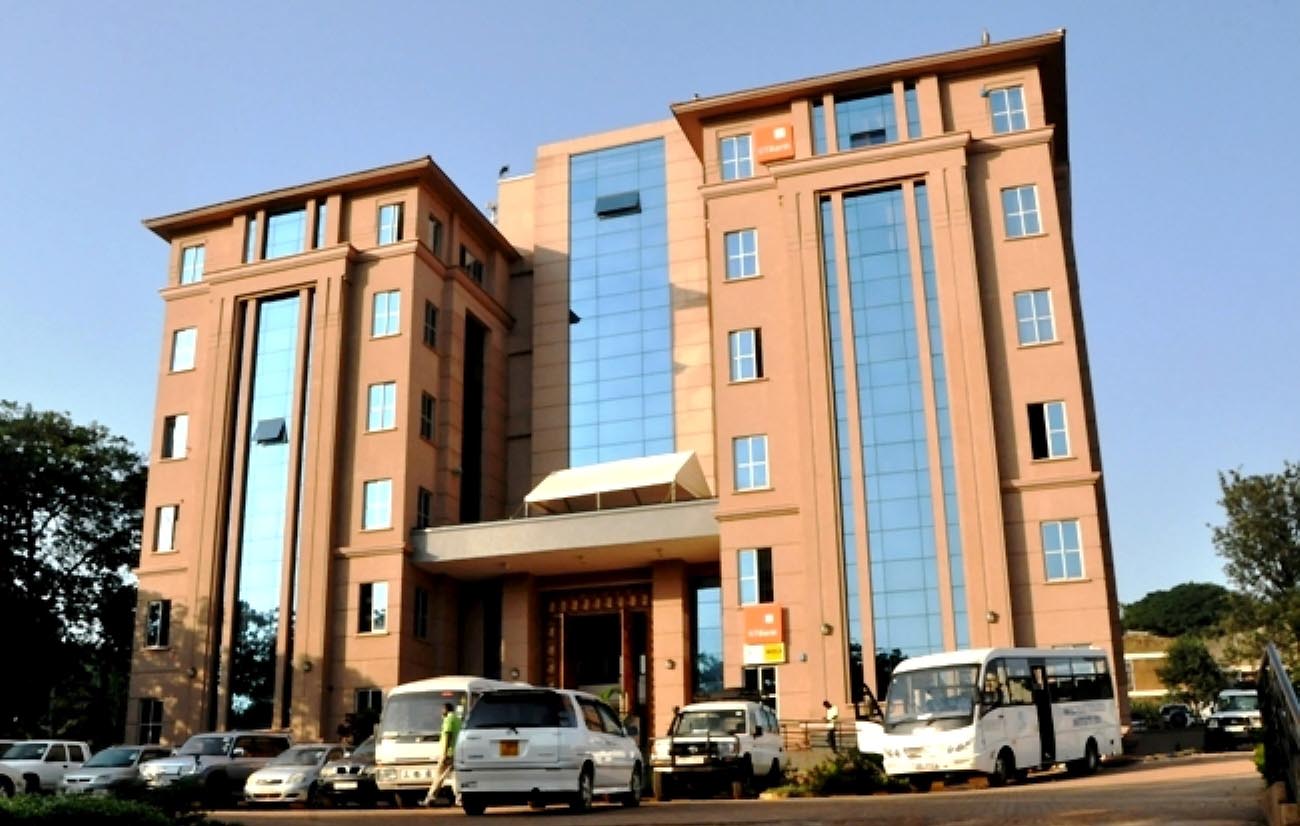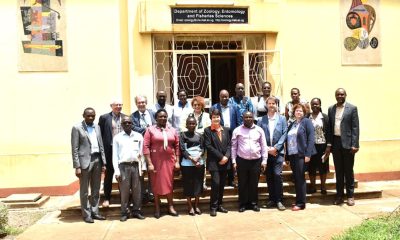Call for applications: Fully Funded 2-year MSc Fellowship Opportunities at Makerere University
Empowering Uganda’s Women in Health Data Science: Identifying Barriers, Bridging Knowledge and Innovation for Tangible Impact: She Data Science (SHEDS)
Call open: May 13th, 2024
Call closes: June 20th, 2024
Proposed start: September 2nd, 2024
The She Data Science (SHEDS) project is pleased to invite suitable applications from females for two fully funded PhD fellowships for the year 2024. SHEDS is a collaborative initiative between the African center of Excellence in Bioinformatics and Data Intensive Sciences, Infectious Diseases Institute, Makerere University, Kampala, Uganda and the Institute of Global Health Sciences (IGHS) at the University of California San Francisco (UCSF), USA.
About the SHEDS program
The increasing adoption of technologies like mobile phones, high throughput genomic sequencing, IoT and electronic health records is accelerating the buildup of an avalanche of data: clinical, genomic, epidemiological, climate-related and social/behavioral data. These growing volumes and complexity of data, render the rapidly expanding field of “Big Data” analysis and interpretation essential to improving health and economic outcomes.
Data Science (DS), which encapsulates Machine Learning and Artificial Intelligence (AI) provides a pathway to the leveraging and enhancement of these data into meaningful and actionable information. However, the highly technical nature of DS as well its powerful potential, simultaneously pause the risk of ‘leaving behind’ sections of the population that have already been disadvantaged. In Uganda in particular, the high gender disparity within STEM fields means that women are more likely to be left behind, resulting in the unintended consequence of DS further widening the gender gap in STEM.
This program is thus going to target the training and advancement of Ugandan women in data science and (or) bioinformatics. It achieves this goal through three critical areas: 1) Skilling women in data science / bioinformatics methods and techniques, 2) identify barriers to women in STEM, Data Science and bioinformatics 3) Providing a bridge to help trainees translate their data science skills into biomedical and public health practice.
Benefits of the program
- There are two fully funded MSc fellowships that will provide tuition and a stipend for a 2-year full-time MSc degree.
- Research clearance fees for MSc student project.
- World class health data science mentorship from some of the best mentors in the field.
Submission
Submit the following documents as a single pdf file
- Certified copies of relevant academic documents
- Two reference letters from academic referees
- Statement of motivation (max 1000 words)
- An updated CV (max 4 pages)
Application deadline: June 20th 2024
NB:
- This is a full-time MSc scholarship. It is expected that the intending applicant is not involved in any other form of study or employment.
- Only successful candidates will be notified.
- Although this opportunity is majorly targeted towards females, exceptionally qualified males are encouraged to apply.
Key Responsibilities
- Fully develop a research concept that employs data science, mathematical and (or) bioinformatics to any of the following areas: a) Antimicrobial resistance (AMR) including the design of antimicrobial drug combination therapies, identifying One Health AMR transmission pathways, and utilizing data science methodologies to guide antimicrobial stewardship initiatives; b) Human Genomics including the role of repeats in the human genome; c) cancer including cancer genomics and genomics data science; and d) Natural Language Processing (NLP) and (or) generative AI solutions for health problems.
- Successfully defend your research proposal
- Successfully obtain ethics approval from Institutional Review Board (IRB) and National approval from Uganda National Council for Science & Technology (UNCST)
- Present your work at scientific workshops, conferences and research forum
- Successfully defend your Masters thesis
- Write at least 1 peer reviewed scientific publications in high impact journals
- Participate in ACE research groups relevant to your area of study.
Person Specification
Eligibility
- Minimum qualifications: Applicants should have completed a bachelor’s degree in a quantitative field such as bioinformatics, data science, computer science, mathematics or a health related field from a recognized university.
- Have obtained an admission letter for an MSc in bioinformatics, data science, computer science, mathematics or a related quantitative field at Makerere University.
- Demonstrated interest in health data science, mathematical modelling and (or) bioinformatics.
- Ready to commit as a full-time student.
More Details
Job Code: MSACE001
No of Position: 2
Station: Kampala
Classification: Part-time
Duration: 2 Years
Reports to: BIOINFORMATICS SCIENTIST
Posted Date: 2024-05-07 08:05:51.000
Closing Date: 2024-06-20 10:42:00.000
View on IDI/Apply Now


 General2 weeks ago
General2 weeks ago
 Natural Sciences2 weeks ago
Natural Sciences2 weeks ago
 Agriculture & Environment1 week ago
Agriculture & Environment1 week ago
 General6 days ago
General6 days ago
 Health2 weeks ago
Health2 weeks ago












